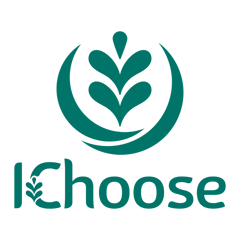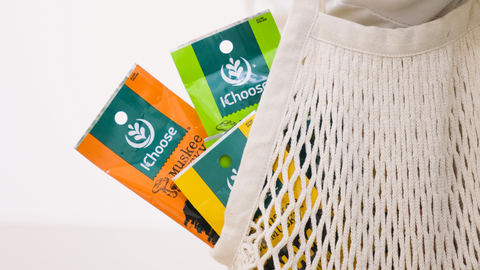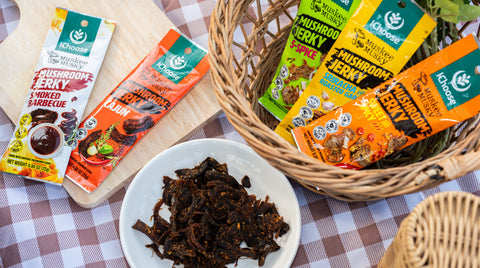The Rise of Plant-Based Living
In recent years, plant-based living has transformed from a niche movement into a global trend (Satija & Hu, 2018). More people are shifting towards plant-based diets, motivated by health, environmental sustainability, and ethical considerations (Tuso et al., 2013). This shift is not just a dietary change; it's a lifestyle choice that resonates with the growing awareness of how our food choices impact the world around us.
Why Plant-Based is More Than a Trend
While some trends come and go, the plant-based movement is here to stay. It's driven by a deep understanding of the interconnectedness between our health, the well-being of the planet, and the future we want to create (Kahleova et al., 2017; Satija & Hu, 2018). As we continue to explore new ways to nourish ourselves without harming the environment, plant-based diets offer a solution that aligns with our values and our need for sustainable living (Tuso et al., 2013).
The Sustainable Benefits of Plant-Based Eating
-
Environmental Impact: Plant-based diets significantly reduce the carbon footprint associated with food production (Lynch et al., 2018). By choosing plant-based options, we can lower greenhouse gas emissions, conserve water, and reduce deforestation. This shift helps protect our planet's precious resources and promotes biodiversity.
-
Health Benefits: A diet rich in fruits, vegetables, grains, and legumes is packed with essential nutrients, fiber, and antioxidants (Satija & Hu, 2018). Plant-based diets have been linked to lower risks of chronic diseases such as heart disease, diabetes, and certain cancers. They also support a healthy weight and contribute to overall well-being.
-
Ethical Considerations: Plant-based living is rooted in compassion. It encourages us to consider the impact of our food choices on animals and to make decisions that align with our ethical beliefs. By reducing our reliance on animal products, we contribute to a more humane and just food system (Rosenfeld & Burrow, 2017).
-
Future-Forward: As the global population continues to grow, finding sustainable ways to feed everyone becomes increasingly important. Plant-based diets offer a scalable solution that can help ensure food security for future generations (Satija & Hu, 2018). By embracing plant-based living, we take a proactive step towards a healthier, more sustainable world.
Join the Movement
At Ichoose Global, we're passionate about expanding the plant-based lifestyle to the world. Our products are crafted with the belief that what we eat matters—for our health, for the environment, and for the future. Join us in embracing a plant-powered life and be part of the change that will shape a better tomorrow.
REFERENCE
Satija, A., & Hu, F. B. (2018). Plant-based diets and cardiovascular health. Trends in Cardiovascular Medicine, 28(7), 437–441. https://doi.org/10.1016/j.tcm.2018.02.004
Kahleova, H., Levin, S., & Barnard, N. (2017). Cardio-Metabolic benefits of Plant-Based diets. Nutrients, 9(8), 848. https://doi.org/10.3390/nu9080848
Tuso, P. J., Ismail, M. H., Ha, B. P., & Bartolotto, C. (2013). Nutritional update for physicians: Plant-Based diets. The Permanente Journal, 17(2), 61–66. https://doi.org/10.7812/tpp/12-085
Lynch, H., Johnston, C., & Wharton, C. (2018). Plant-Based Diets: considerations for environmental impact, protein quality, and exercise performance. Nutrients, 10(12), 1841. https://doi.org/10.3390/nu10121841
Rosenfeld, D. L., & Burrow, A. L. (2017). Vegetarian on purpose: Understanding the motivations of plant-based dieters. Appetite, 116, 456–463. https://doi.org/10.1016/j.appet.2017.05.039



